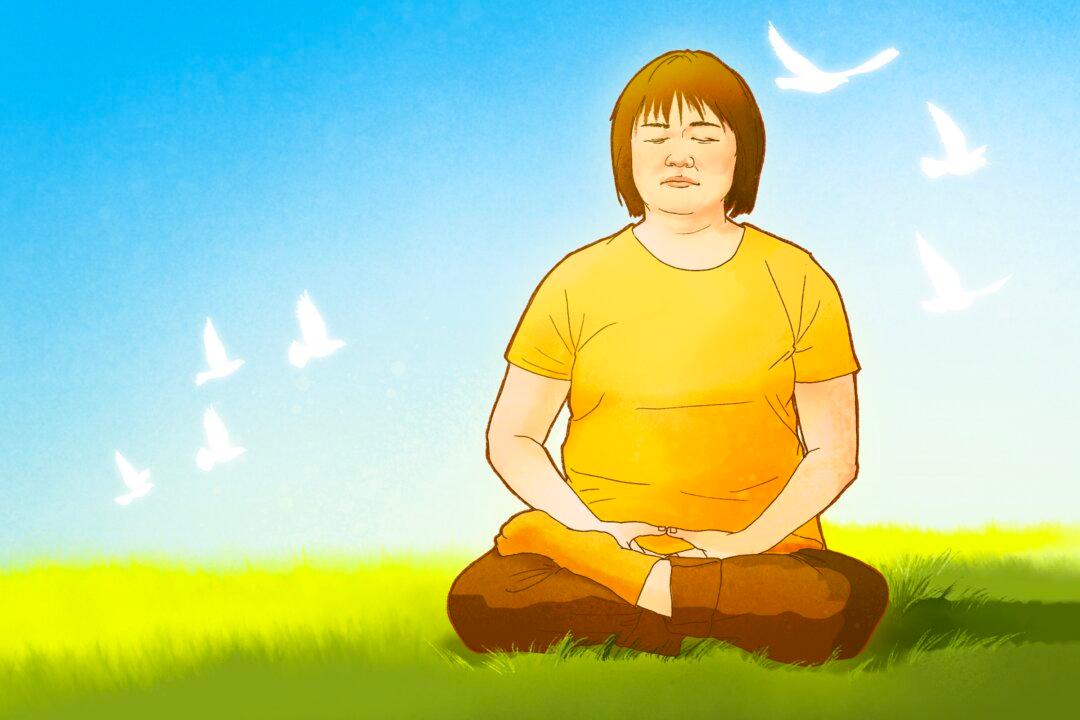The traditional Chinese medical remedy huang jing is safer and more effective than hormone therapy in improving menopausal symptoms, according to a new study from Korea.
Menopause happens at the end of women’s menstrual cycles owing to a natural decline in reproductive hormones. During the process of transitioning into the stage of menopause and a short time after, a woman may experience symptoms such as hot flushes, sweating, depression, dizziness, memory loss, and back pain.






